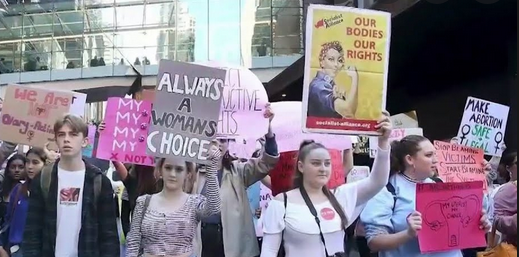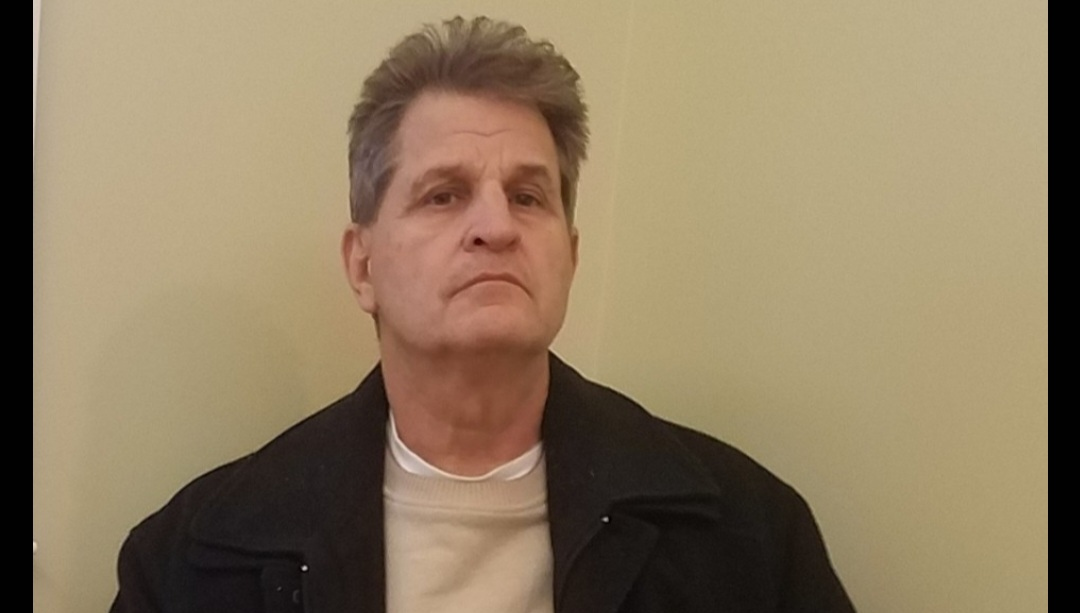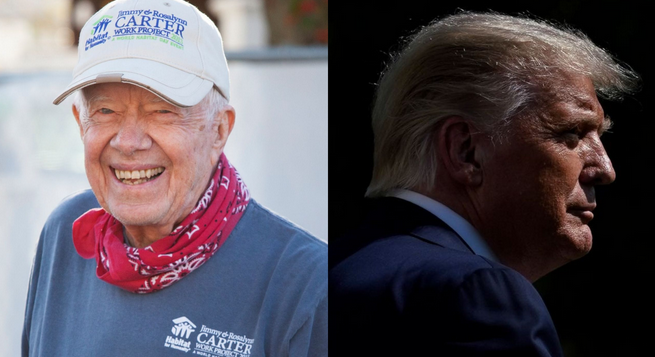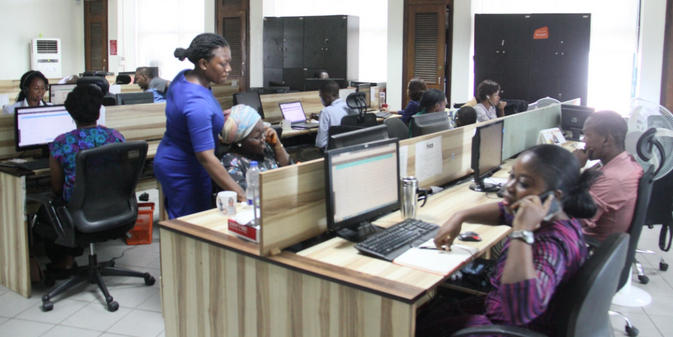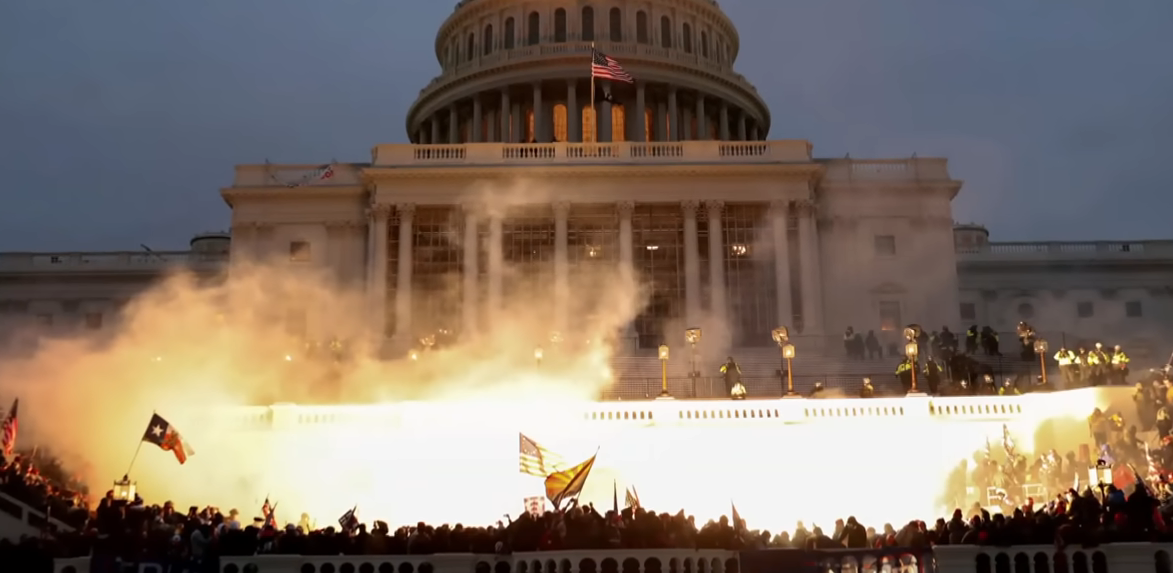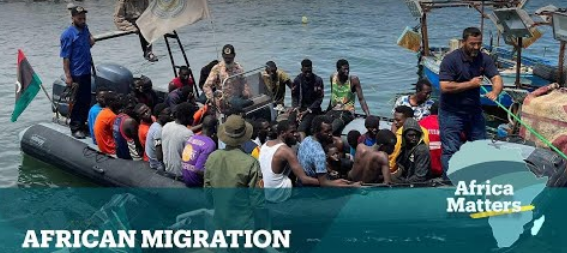Photos: YouTube
Washington, D.C. (July 14, 2022)— Rep. Carolyn B. Maloney, Chairwoman of the Committee on Oversight and Reform, convened a hearing to examine the impact of the Supreme Court’s decision in Dobbs v. Jackson Women’s Health Organization, focusing on states where access to abortion has already been restricted or is under threat.

“Nineteen days ago, a right-wing majority on the Supreme Court fulfilled the Republican Party’s decades-long goal of overturning Roe v. Wade—and stripped away a constitutional right relied on by generations of American women. The goal of these rightwing extremists is clear: To control the bodies of women, girls, and any person who can become pregnant.” said Chairwoman Maloney in her opening statement. “Today’s hearing is especially important because Republicans are not going to stop with Dobbs. They are openly planning to impose a national ban on abortion. The damage that would cause is inconceivable.”
The Committee heard testimony from Mallory McMorrow, Michigan State Senator; Renitta Shannon, Member of the Georgia House of Representatives; Michele Bratcher Goodwin, Chancellor’s Professor of Law at the University of California, Irvine; Fatima Goss Graves, President and CEO of the National Women’s Law Center; and Sarah Lopez, Abortion Story Teller at We Testify and Youth Program Manager at Jane’s Due Process.
As Republicans advocate for banning abortion nationwide, witnesses at today’s hearing emphasized the widespread harm caused by state and local laws criminalizing abortion and restricting access.
- State Representative Shannon of Georgia, where House Bill 481 could go into effect any day and outlaw abortion, testified: “Since the Dobbs decision, providers in Georgia tell me that they have seen two pattens emerge: First, they’ve been overwhelmed with calls from out of state patients as state-by-state states rush to ban abortion. A provider in Alabama referred 100 patients in one phone call to the Atlanta-based provider I spoke with. The second patterns it that patients are terminating earlier and earlier in pregnancy, feeling pressure to be decisive before losing access to abortion altogether. The latest decision in Dobbs has only exacerbated a dire lack of access to care.”
- In response to a question from Rep. Raja Krishnamoorthi about increasing arrests for abortion, miscarriage, and pregnancy-specific crimes, Ms. Lopez of Texas explained: “Since SB8 we have seen immense fear and grief and isolation from pregnant people who desperately need help and do not have the means of leaving the state or the city they live in to access care. I also think that bans and restrictions on abortion do not actually stop abortions they just, as we see there, make it more difficult to access care and make the idea of criminalization far more of a reality.”
- In response to a question from Rep. Johnson about how an abortion ban in Georgia would affect the southeast United States, Ms. Goss Graves explained: “One of the challenges that we have is that we are already in a situation where most of the South has banned abortion. And so people who are traveling are already having to travel hundreds if not thousands of miles to access care, and that is mostly and disproportionately people of color because people of color are more likely to live in the South. So what is happening in Georgia is not just a problem for Georgia. It is a problem throughout that region and it also puts an additional strain on the places that have continued to provide the freedom to decide whether or not you are going to parent.”
- Although the Ranking Member asserted during the hearing that the Dobbs decision “returned this issue to the states,” Republican leaders have made clear they support a federal abortion ban. Republican Committee Members cosponsor legislation that would place federal restrictions on abortion, including a bill that would make performing abortions a federal crime.
Witnesses highlighted how eliminating the constitutional right to abortion will disproportionately harm people of color, people with less income, and communities that are more likely to experience health and economic disparities.
- In response to a question from Congresswoman Eleanor Holmes Norton about the impact of abortion bans on women with less income, Ms. Goss Graves testified that, “for people who have less income what bans have meant is that access to abortion is not meaningful.” Ms. Goss Graves went on to note that this is especially true, “if people with low income have to travel long distances for care.”
- Responding to a question from Rep. Ro Khanna, Georgia Rep. Shannon testified, “our criminal justice system is really good at locking up Black and Brown folks, and I’m worried about people of color who miscarry not being believed” by law enforcement officials.
- When asked by Rep. Robin Kelly about the impact of abortion bans on the ongoing black maternal mortality crisis, Ms. Goss Graves testified, “I have deep, deep worries that we will be accelerating on the wrong track, especially if states that have run to ban abortion leave people without options to decide for themselves.”
- In response to a question from Chairwoman Maloney about the impact of abortion bans, Professor Goodwin testified, “this is no hyperbole. It is essentially a death sentence . We’ve seen that a woman is 14% more likely to die carrying a pregnancy to term than having an abortion. That statistic magnifies that the deadliest states like Mississippi, Louisiana are the deadliest places in all of the industrial world to be pregnant.”
Witnesses and Committee Democrats stressed how draconian, dangerous, and unpopular laws criminalizing abortion will open the door to policing pregnancy complications and jeopardize access to reproductive care for people experiencing medical emergencies.
- Michigan Senator Mallory McMorrow explained how abortion bans would have impacted emergency medical care she received personally, explaining, “after having my daughter I had an IUD placed and that IUD ruptured my uterus. It’s a very rare case that required me scheduled for a laparoscopy and a D&C to have it removed. The impact is that I would have died if I didn’t have that treatment to have it removed.”
- Georgia Rep. Shannon testified that even pre-Dobbs, in Georgia, “Black women and particularly low-income women were disproportionately criminalized for having miscarriages. What a lot of people don’t realize that a lot of the medications used for miscarriages are also the ones used for medication abortion. There’s really not a way to know if someone had a miscarriage or if someone had an abortion.”
- Responding to a question from Rep. Jackie Speier about the potential for criminalizing pregnancy complications, Ms. Goss Graves testified: “we’re already hearing reports on the ground about providers being uncertain about the care they can provide when someone has an ectopic pregnancy. What’s likely to happen is an increase in miscarriages being investigated. That might not be everyone’s experience, but I am telling you it’s more likely to be the experience of people who are living with low income and black and brown people.”
- When asked by Rep. Byron Donalds as to whether women will be prosecuted under abortion bans, Ms. Goss Graves testified: “There have been over a thousand people who’ve been criminally investigated for their pregnancy outcomes. The key thing for people to understand is that the medical procedure for abortion applies to multiple types of situations. People are suggesting that abortion is not reproductive healthcare. It is. It’s on the range of reproductive healthcare people receive in this country. The only question is will it continue to be safe and effective or will we be investigated and criminalized for it.”

